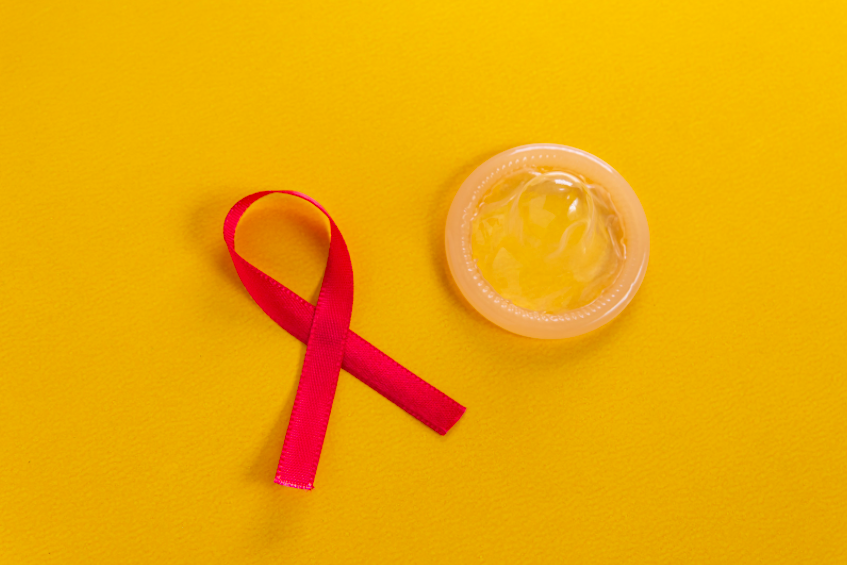
Sexually Transmitted Infection (STI) is an infection caused by bacteria, viruses, fungi or protozoa, which can be transmitted through sexual intercourse or close body contact with another person who is infected with an STI.
- Transmission of some STIs e.g. non gonococcal urethritis (NGU), HIV, Hepatitis B and gonorrhoea occurs when there is transfer of body fluids (e.g. semen from the male genital tract or vaginal and cervical secretions from the female genital tract) from an infected person to the sex partner.
- Transmission of other STIs, e.g. scabies, pubic lice, syphilis, herpes and warts occurs when there is intimate skin-to-skin contact.
- Some STIs e.g. syphilis, hepatitis B and HIV may be transmitted from an infected mother to her baby during pregnancy or delivery.
- These infections may also be transmitted through sharing of injection needles or through contaminated blood transfusions.
Disclaimer
We have attempted to provide full, accurate and up to date information in this patient information leaflet, based on current medical evidence and opinion. However, information and advice may vary from different sources, and over time. If you have any further questions, see your doctor or healthcare provider.